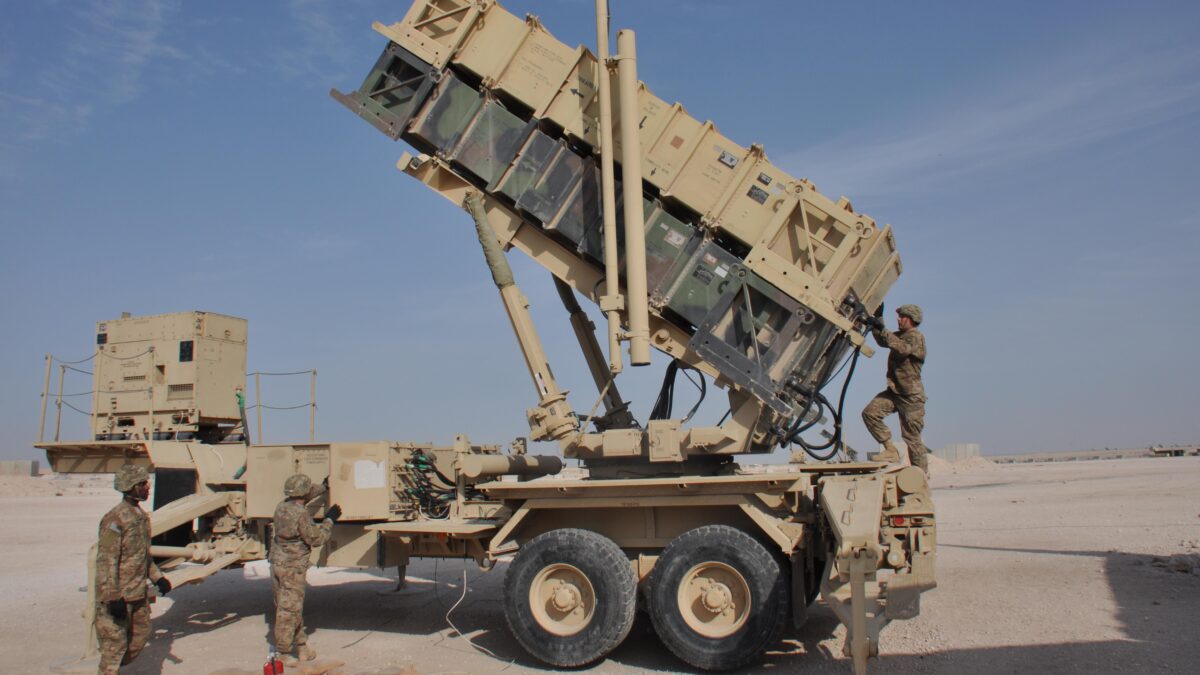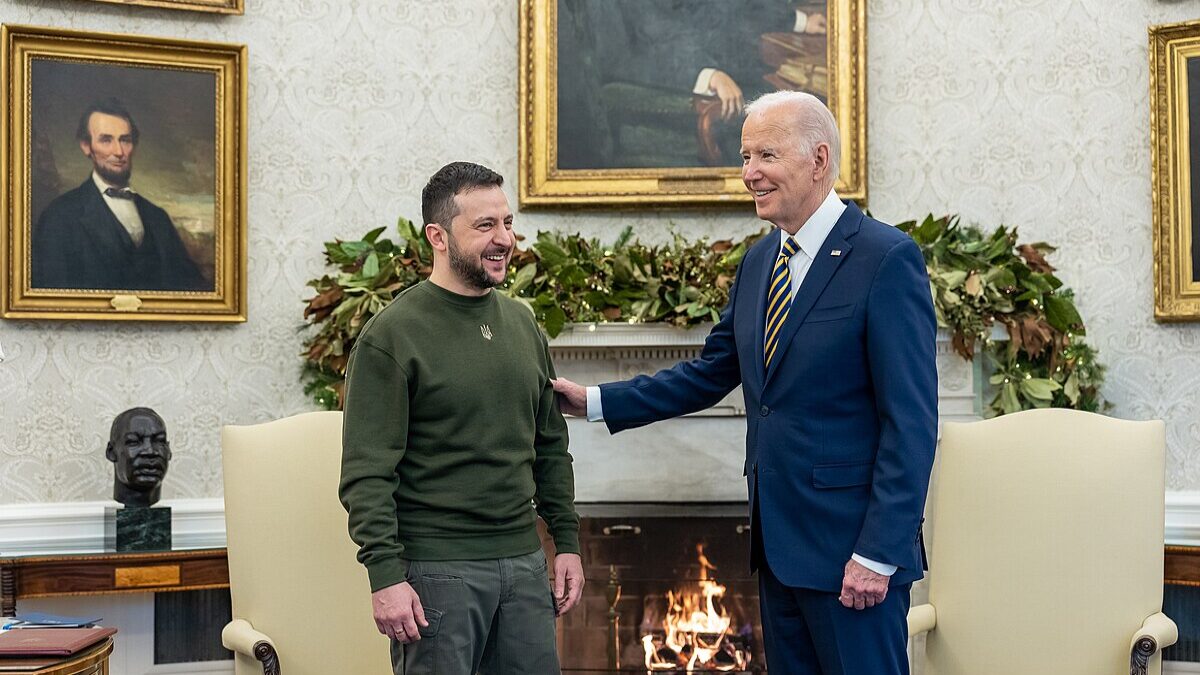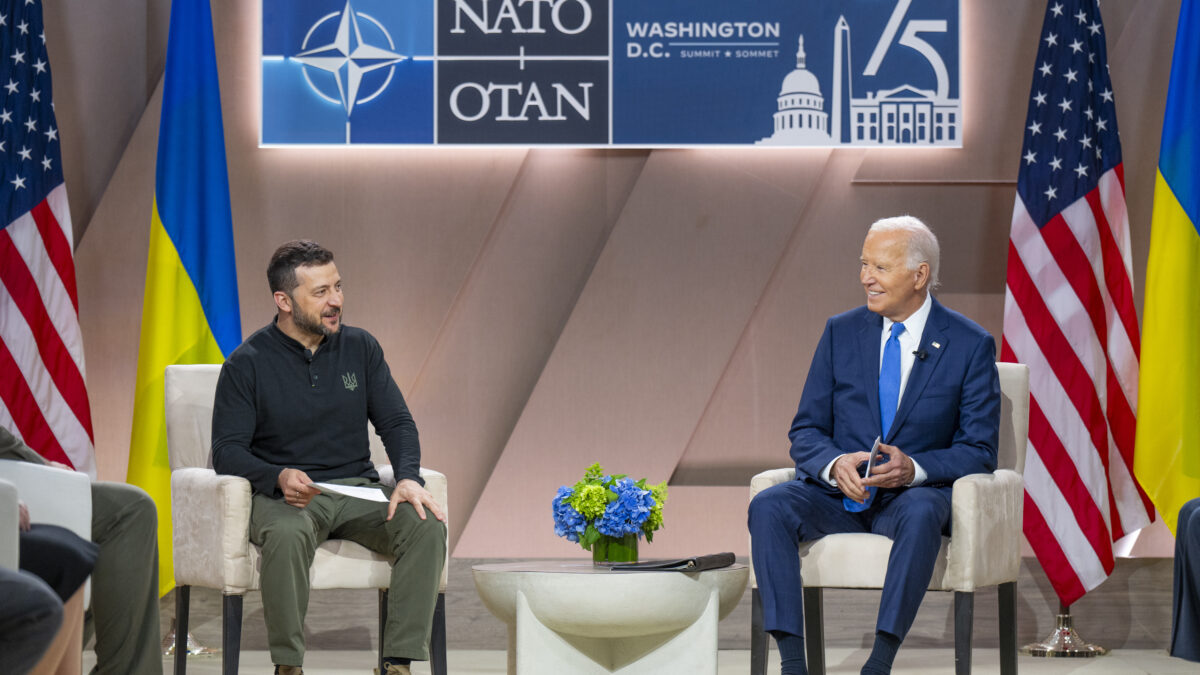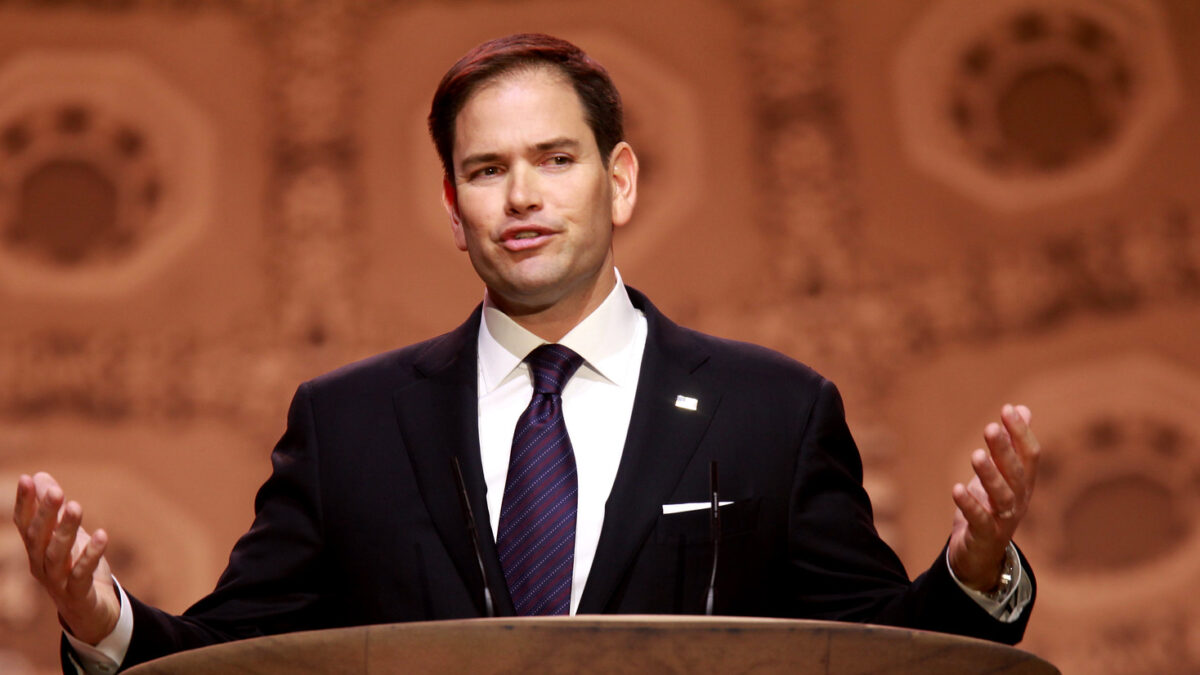The tragic murder of three American soldiers by Iranian proxies in Jordan has once again laid bare a fracture within the Republican Party. This fracture once again finds those who advocate for an active American role in international relations through “power projection” locked in a debate with those who believe that the U.S. should take a more isolationist approach.
Following the strike, some Republican members of Congress reacted by demanding that the U.S. strike targets in Iran and Iranian leadership directly. The opposite perspective, summarized by Tucker Carlson: “F-cking lunatics.”
While both perspectives represent the extreme, there is a growing and very vocal component of the right who believe that the best solution to American forces being killed or put in danger overseas is a complete withdrawal from the world.
They use language that creates a false equivalency between responding to an attack on Americans and “starting a war.” Sen. Mike Lee said, “I am concerned that U.S. action, like the recent airstrikes on Houthi targets, is starting to blur the line between defense of U.S. forces in the region and unauthorized escalatory offense.”
And, of course, any firm American response is criticized as placating the apparently all-powerful American military-industrial complex — a perspective more in line with progressive journalists than Reagan’s “we will not surrender for peace” foreign policy.
These critics of a forceful U.S. response seem to have forgotten Theodore Roosevelt’s Big Stick Diplomacy. Instead of a powerful and decisive defense of American interests, they demand an approach akin to “taking my ball and going home,” or an absolutist Monroe Doctrine that would see America abandon the world and focus entirely on the homefront.
The bodies of American soldiers weren’t even back on American soil before the narratives began to spin — neocons just want a war with Iran at any cost. The “enlightened” know that America should get out of the Middle East, and anyone saying otherwise should have no platform to speak unless they themselves lead the charge on the battlefield, or send their children to do it in their stead.
Knowing When to Punch Back
Do these critics have a point? Arguably so. There is, however, an important difference between
“seeking war at any cost” and being willing to punch back if you’re attacked; we acknowledge this difference in our own laws, allowing that justified self-defense is a reasonable legal defense. Why do some believe this is different when the aggressor is a foreign enemy? Can there be doubt that the same who would avoid conflict even at the cost of American lives would be quick to support their own right to self-defense if it were themselves or their family in harm’s way?
The truth is that why and how we found ourselves in these areas is immaterial, and our mere invited presence in another nation does not constitute aggression on the part of America.
The question at hand is if America is seen as taking the lives of her service people seriously, and whether we take being viewed as a nation that is willing to fight back when its people are attacked.
Supporters of Donald Trump especially are placed in a predicament by their stances on this issue, as during his time as president, Trump showed no compunction about using the threat of force against America’s enemies as he did with North Korea and Iran, as well as actual use of force best exemplified by his administration’s decision to kill Iranian Quds Force commander Qasem Soleimani.
Indeed, Trump’s policy with regard to enemies of the United States was one of absolute pressure. It is precisely that approach that deters open season on American forces overseas.
Like it or not, a United States that looks weak to the world is a weak United States. If we come to be viewed as a nation that is too afraid of risking potential war to defend our soldiers when directly attacked, our enemies will notice and will continue to bully us on the world stage.
America should not be a land that seeks out war, but we must be a land that returns kind with kind. As Josh Hammer said, “America First” does not mean allowing America’s uniformed men serving overseas to be killed and maimed by a rogue terrorist regime without facing any repercussions.” Indeed, such behavior is America Last.
If our soldiers cannot have safety abroad from terrorists, how long can we expect our citizenry to have safety at home? Trump has seemed to understand this truth, and it’s time for the Republican Party to understand it as well.









